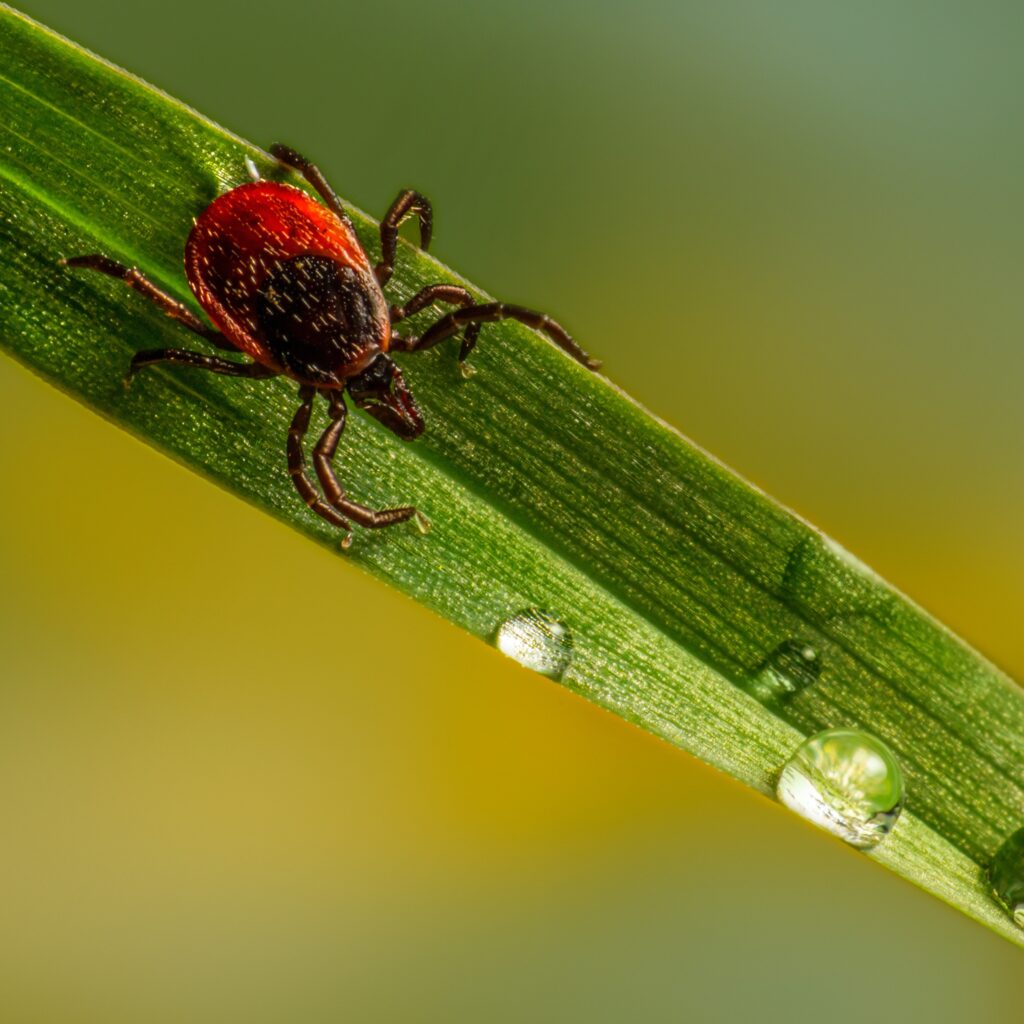welcome to
cascade Veterinary Clinic
Cascade CarePlans
We offer health plans! The peace of mind that your pet’s preventative health care and medical needs are taken care of. The convenience of easy monthly payments.
What Diseases do Ticks Cause?

With spring starting, soon we will be finding ticks on our cats and dogs. Did you know there are multiple tick species, each with a different habitat across Canada? Or that each species of tick carries different diseases between our pets and even from our pets to us? Recently though, climate change has changed the boundaries of our tick habitats and previously unseen tick-borne diseases are showing up in new areas.
Ticks spread these infections from one animal to another through the blood they ingest and can be found on both dogs and cats! Luckily it requires time for the tick to regurgitate the agents so infection is not instantaneous. The following list of common tick-borne diseases are seen in different areas across North America. While most are not seen in all areas, with climate change and pets travelling more, it is important to know that they are out there.
Tick Paralysis- Some ticks secrete a neurotoxin in their saliva that causes weakness and paralysis 6 to 9 days after tick attachment. In severe cases, if not treated, death can occur from an inability to breath. It is important to keep your pet quiet and calm and take it to your veterinarian. There is no vaccine, only preventing tick exposure and promptly removing them.
Lyme Disease- The most common sign of Lyme disease is recurrent lameness that lasts for 3-4 days. In severe infections, kidney failure can occur. To transmit the bacteria, the tick must be attached for at least 24 hours making preventatives and prompt removal a good option to prevent. A vaccine is available as well but, like all vaccines, it requires 2 weeks to be most effective.
Rocky Mountain Spotted Fever- In this disease, a bacteria-like organism infects blood vessel walls in dogs, humans and cats causing bleeding, swelling and tiredness. A tick with the rickettsiae must be attached for at least 5 hours to transmit the parasite and clinical signs are seen between 2 days and 2 weeks after infection. In severe cases, your pet can lose their legs, tail or ears. If there are neurological signs the chances of survival are poor. The only way to prevent this disease is by using tick preventatives and promptly removing any ticks.
Tularemia- This is a bacterial disease that is spread between infected rodents, our pets and us. The disease shows up 2 to 7 days after infection as anorexia, tiredness, skin ulcers and enlarged lymph-nodes. Survival is low in the cases that you can feel the abdominal lymph-nodes. Preventing exposure to ticks and carcasses is best. There is no vaccine for our pets.
A great way to preventing tick-borne diseases is by using drugs that kill ticks quickly once they latch onto our pets. There are a few options out there and each veterinarian will carry a slightly different one but they need to be given at regular intervals throughout the tick season. When a tick bites your dog, it ingests the drug in the blood and quickly dies before it can regurgitate, preventing the spread of the disease. Care must be taken with topical tick preventatives as there are some that are for dogs only and are fatal to cats.
A word of warning on over the counter flea and tick preparations: Many veterinarians, myself included, have seen much more skin irritation and hair loss in these products than those available only from your veterinarian. While flea and tick collars used to be effective, they generally don’t give adequate amounts of drug to work properly. Not only are the not as effective as the skin drops but if your pet ingests them, they can be toxic.
Recently, new tick medications have become available from your veterinarian that are safer and more effective than any over the counter medications. So talk to your veterinarian about tick control and any travel plans you might have this summer and prevent some serious diseases in both yours and other pets and yourself.
- 1 (250) 295-0312
- cascadevetclinic@gmail.com
-
240 Bridge St. PO Box 1211
Princeton BC V0X 1W0


